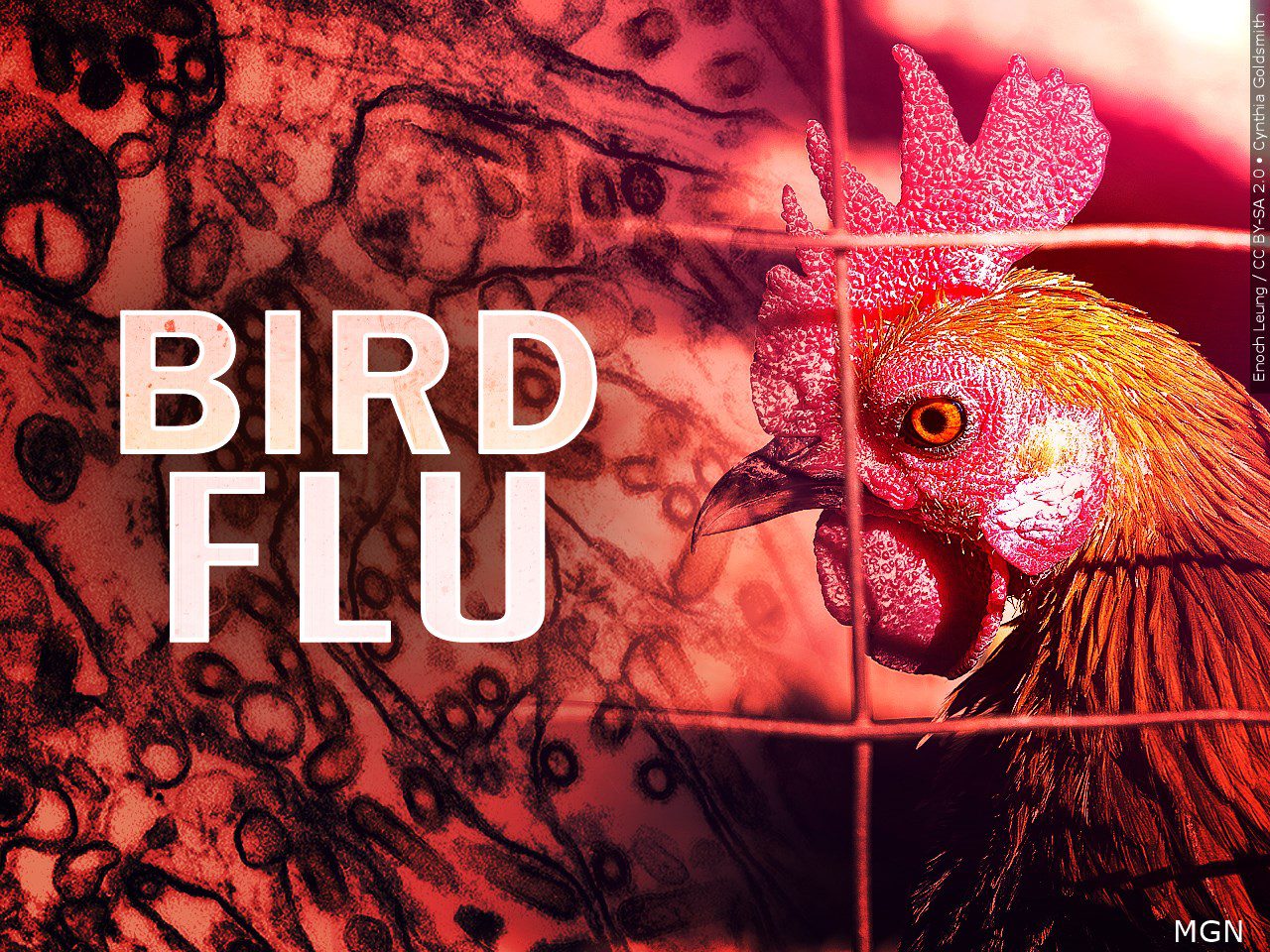Bird Flu cases confirmed in Kossuth and Cerro Gordo Counties

Bird flu cases spill over to Kossuth and Cerro Gordo Counties.
(ABC 6 New) – In a press release issued by the Iowa Dept. of Agriculture and Land Stewardship Saturday, there are now confirmed cases of Highly Pathogenic Avian Influenza (HPAI) in Kossuth and Cerro Gordo Counties.
According to the United States Dept. of Agriculture (USDA) Animal and Plant Health Inspection Service (APHIS), the affected site in Kossuth County is a hatchery that has game bird pheasants, quail and chukars. In Cerro Gordo County, the affected site is a mixed species of backyard flock.
The press release advises commercial and backyard flock owners to prevent contact between their birds and wild birds.
All sick birds or unusual deaths among birds should immediately be reported to state or federal officials.
Biosecurity resources and best practices from the Iowa Dept. of Agriculture and Land Stewardship can be found here.
If producers suspect signs of HPAI in their flocks, they are asked to contact their veterinarian. The press release also states that these possible cases should also be reported to the IDALS at (515)-281-5305.
According to the U.S. Centers for Disease Control and Prevention (CDC), the recent HPAI detections in birds do not present a concern for public health. Officials say it is still safe to eat poultry products, but consumers should always practice proper handling and cooking of these products by cooking to an internal temperature of 165 degrees.
About HPAI
HPAI is a highly contagious viral disease affecting bird populations. HPAI can travel in wild birds without those birds appearing sick, but is often fatal to domestic bird populations, including chickens and turkeys. The virus can spread through the droppings or the nasal discharge of an infected bird, both of which can contaminate dust and soil.
Signs of HPAI may include:
• Sudden increase in bird deaths without any clinical signs
• Lethargy and/or lack of energy and appetite
• Decrease in egg production
• Soft, thin-shelled and/or misshapen eggs
• Swelling of the head, eyelids, comb, wattles, and hocks
• Purple/blue discoloration of the wattles, comb, and legs
• Difficulty breathing
• Coughing, sneezing, and/or nasal discharge (runny nose)
• Stumbling and/or falling down
• Diarrhea